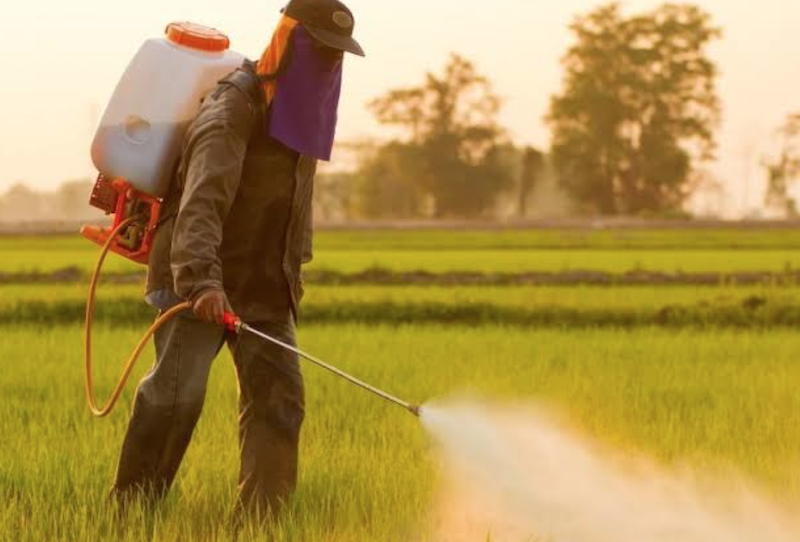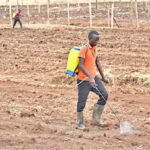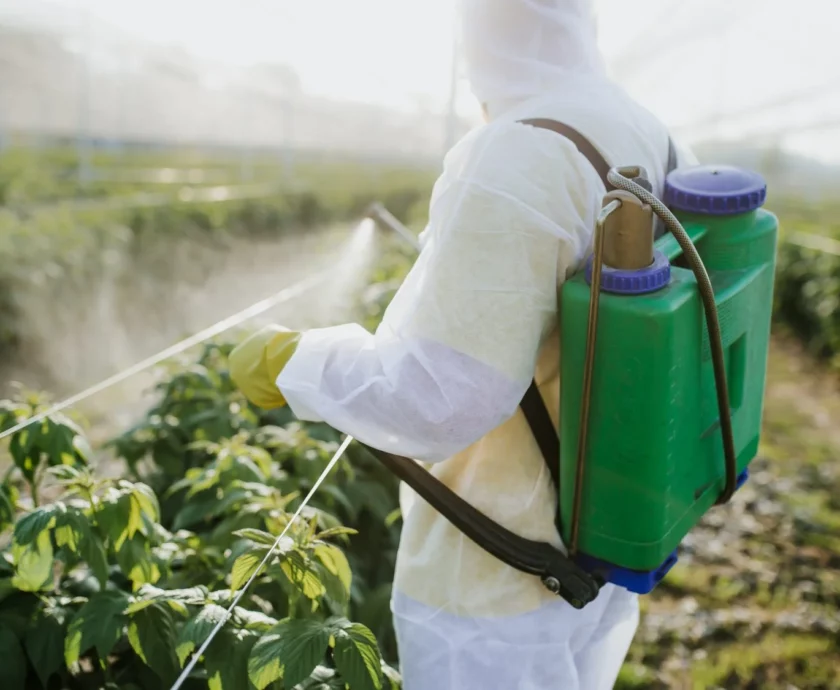Heinrich Böll Foundation Nigeria, Chen Education and Development Empowerment CEDE, and Alliance for Action on Pesticide in Nigeria have joined forces with media professionals to stop the widespread use and consumption of hazardous pesticides in Nigeria.
The three stated that this was due to a recent study titled “Pesticide Atlas” which revealed that excessive pesticide use in agricultural products is not only endangering Nigeria’s food production but also posing health hazards to customers and wrecking the economy.
Speaking to Thisday in Yangoji Agroecology farm, Kwali, Abuja on Wednesday, Director of HBF Abuja, Jochen Luckscheiter said the media play a very crucial role in getting this information across to small and medium scale farmers as report has shown that Nigeria is one of the biggest importers of dangerous pesticides in Africa.
According to Luckscheiter, more than half of all pesticide products licensed in Nigeria have been pulled from the European market or are subject to tight restrictions because of their high toxicity among other things.
He then said that they have determined that a regulatory framework is necessary for the establishment of an organic agriculture policy as well as for the effective management and oversight of the pesticide sector.
He said, “ The media play a critical role in creating public awareness on the impact of the high use of toxic chemicals (pesticides) in Nigerian agriculture, and also to highlight alternatives that exist to this high use of these pesticides.

As seen in Nigeria with so many pesticides
“ As seen in Nigeria with so many pesticides used over the years production have not increased, you may be able to increase productivity of the short term replying on pesticides and artificial fertilizers, but in the longer term your soil will be weakened and will be less productive and you will have to invest even more in fertilizers.
“ Agroecology methods like what we practice on this farm must come in, agro-ecological cultivation practices, including more crop rotations and combinations, enable farmers to use less or no pesticides, it takes a longer term view and sustains productivity for a long period of time relying not just on one crop but on multiple crops and trees at the same time.”
Additionally, he stated that female farmers are more susceptible to pesticides, particularly those that are known to disturb the endocrine system or are hormonally active, and that pesticides can contaminate water through infiltration, surface runoff, and drift.
Executive Director of CEDE Cynthia Anaele, stated that Nigeria needs tougher pesticide controls in response to the worrying status of the country’s agricultural sector.
She specifically mentioned the absence of a pesticide control law in Nigeria, stating that a bill centered on precaution, consumer and public safety, preventing the entry of pesticides that are internationally banned, providing redress and compensation to victims of pesticide hazards, or environmental remediation, must be passed.












